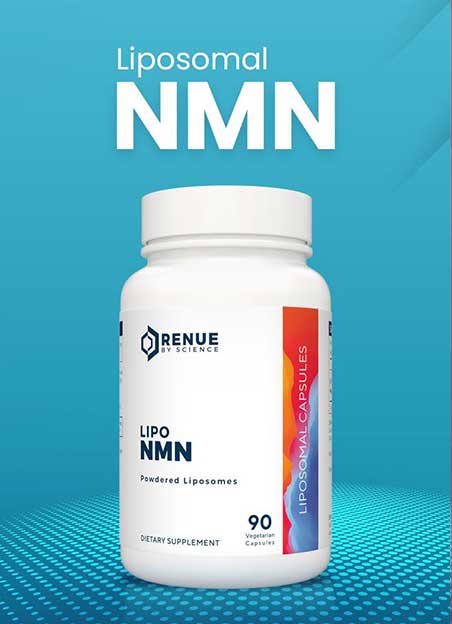The Benefits of Exercise on Cardiovascular Health
Exercise is well-known for its ability to improve cardiovascular health and reduce the risk of heart disease. Regular physical activity can lower blood pressure, improve cholesterol levels, and decrease the likelihood of developing type 2 diabetes. These factors can all contribute to a longer, healthier life. In fact, research has shown that people who engage in regular physical activity have a lower risk of premature death from all causes, including heart disease and stroke.
Exercise and Mental Health
In addition to the physical benefits, exercise can also have a positive impact on mental health. Physical activity has been shown to reduce the risk of developing depression and anxiety, as well as improve mood and overall well-being. Exercise can also improve sleep quality, which is crucial for overall health and longevity.
Exercise and Cognitive Function
Exercise isn’t just good for the body; it’s also beneficial for the brain. Research has shown that regular physical activity can improve cognitive function and reduce the risk of developing conditions such as Alzheimer’s disease and dementia. In fact, exercise has been shown to increase the production of a protein called brain-derived neurotrophic factor (BDNF), which is essential for brain health and the growth of new neurons.
Exercise and Aging
Exercise isn’t just good for improving health in the short-term; it can also have long-term benefits on the aging process. Research has shown that regular physical activity can help to slow down the aging process and improve overall quality of life in older adults. Exercise can improve muscle strength, bone density, and balance, all of which are important for maintaining independence as we age.
Exercise and Lifestyle
In addition to the numerous health benefits, exercise can also have a positive impact on overall lifestyle. Regular physical activity can improve self-esteem and body image, as well as increase energy levels and productivity. Exercise can also be a great way to socialize and connect with others, which can contribute to a sense of community and overall well-being.
The Bottom Line
Exercise is a crucial component of a healthy lifestyle and can have numerous benefits for both short-term and long-term health. From improving cardiovascular health and mental well-being to reducing the risk of developing certain conditions and slowing the aging process, the benefits of exercise are numerous. So, next time you’re thinking about skipping a workout, remember the long-term benefits of physical activity and make it a priority in your life.








